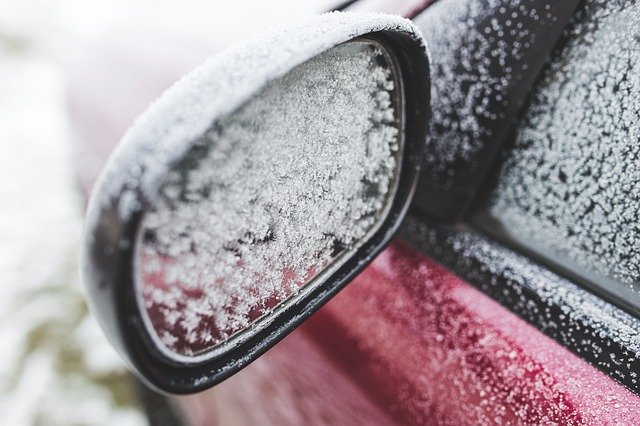Do You Really Need to Warm Up Your Vehicle During Winter?
3rd Jan 2020

Warming Up Your Vehicle
When the winter weather arrives, many people allow their vehicle to "warm up" by idling it in their driveway for five to 10 minutes. Automotive engines are designed to operate at or within a specific temperature range. If the engine is cold, it may perform poorly. With that said, you don't always need to warm up your vehicle when it's cold outside. Doing so may actually be counterproductive to prolonging the life of your engine.
Why Modern Vehicles Don't Need to Warm Up
In the past, vehicles were warmed up in cold weather to achieve the right combination of air and fuel in the combustion chamber. Prior to the 1980s, most vehicles manufactured and sold in the United States featured a carburetor. If a vehicle didn't warm up before driving, the ratio of air to fuel wouldn't be correct, which can cause stalling issues (among other things).
Modern vehicles, however, don't use a carburetor. Instead, they typically use an electronic fuel injection system that automatically supplies fuel to the engine's combustion chamber. The fuel injection system features sensors that measure the amount of air entering the combustion chamber. Using this information, it can supply the engine's combustion chamber with the appropriate amount of fuel to prevent a lean- or rich-running engine.
Will Warming Up Harm My Vehicle?
Most drivers can warm up their vehicle without any ill effect. There are times, however, when warming up can harm a vehicle. As explained by Popular Mechanics, cold engines often suffer from an improper ratio of air to fuel -- just like old vehicles that use a carburetor.
Fuel doesn't evaporate as easily or quickly when it's cold. As the fuel accumulates inside the engine's combustion chamber, it may prompt the electronic fuel injection system to supply it with even more fuel.
What About Oil Thickness?
You may assume that warming up your vehicle is necessary during the winter because it makes the engine oil thinner. If your engine is cold, the oil will be cold as well. Cold oil, of course, is thick and viscous, so it doesn't travel as freely as warm oil.
With that said, driving for just a few minutes is typically long enough to warm up your vehicle's engine and its oil. By the time you reach the end of your neighborhood, the engine should be warm. The bottom line is that you don't need to warm up your vehicle during the winter.

